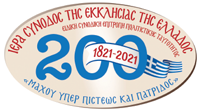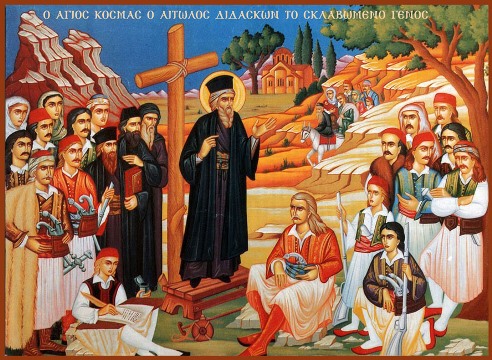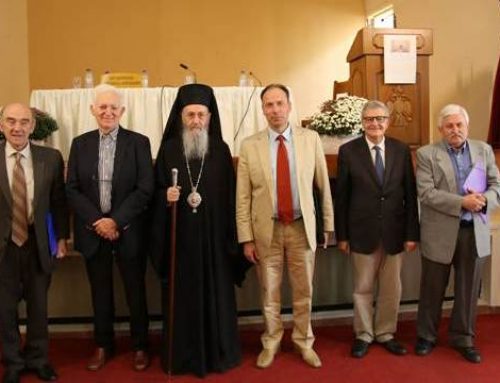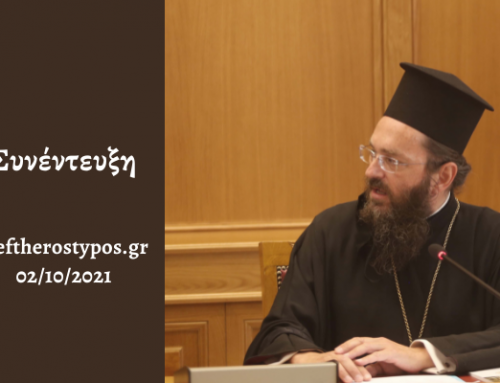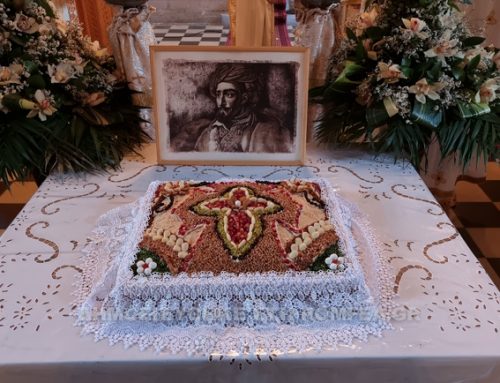In 2021 we celebrate the bicentenary of the Revolution of 1821 and many events have been planned by the Holy Synod and the State to study all the aspects of that significant Revolution. A serious aspect of the matter is the contribution of the Orthodox Church during the Turkish Rule, as it held the torch of the Greek Orthodox tradition lit, and Its offering both during and after the Revolution. The events of 1821 cannot be interpreted unless we relate them to the “tormented Greekness (Romiosyne)”, as the late Photis Kontoglou used to call it, during the Turkish Rule.
During the Turkish Rule, which was a severe test for the Orthodox Christians, the Orthodox faith was preserved, because the Christians relied on the spiritual powers, as these had been developed and cultivated over the previous centuries. Some essential factors which contributed to the preservation of the self-consciousness and the identity of the Nation will be identified. Subsequently, certain interesting points will be highlighted, as we should take them into account to interpret these matters, such as the nation-leading Church, the saints and the monastic centres, education, the “Hellenic Nomarchy”, the Neomartyrs, the Fathers of the Philokalia, the Kollyvades Movement, and the National Uprising of 1821.
From the book Old and New Rome by Metropolitan Ierotheos of Nafpaktos and Saint Vlassios, Publications of the Holy Monastery of the Nativity of the Theotokos (Pelaghia), 2nd ed., 2016, pp. 270-316.
